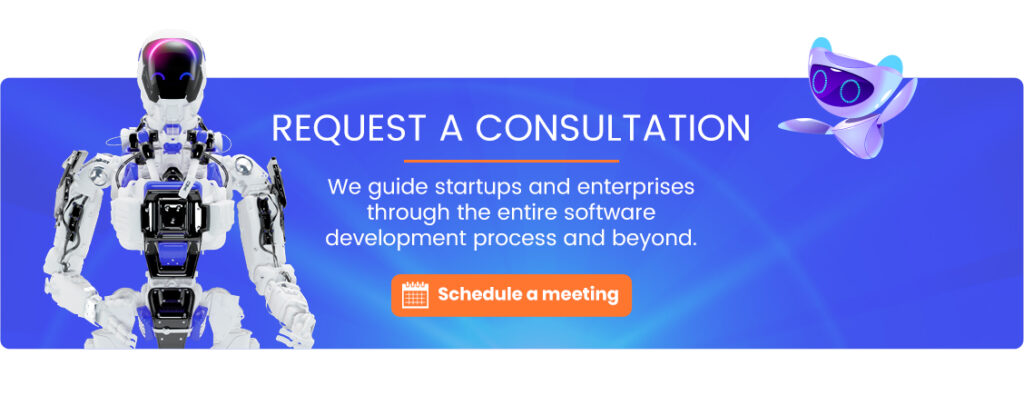In today’s rapidly evolving business landscape, companies face an ever-increasing pressure to remain competitive, efficient, and profitable. One of the most promising tools available to companies seeking to stay ahead of the curve is AI business process optimization. By leveraging the power of artificial intelligence, businesses can streamline their operations, optimize their processes, and unlock new levels of productivity and profitability.
From automating routine tasks to identifying new revenue streams, AI is revolutionizing the way companies operate and compete. But with great power comes great responsibility, and companies must be diligent in ensuring that their AI initiatives align with their broader business objectives and values.
The future belongs to those who can harness the power of AI while remaining true to their purpose and principles.
What Is Business Process Optimization?

Business process optimization is the practice of streamlining and improving a company’s internal processes to increase efficiency, reduce waste, and enhance overall performance. The goal of a business process optimization project is to identify and eliminate redundancies, bottlenecks, and other inefficiencies that can impede a company’s ability to operate smoothly and effectively.
By analyzing and optimizing its processes, a company can reduce costs, increase productivity, and enhance the customer experience. This is a critical component of any successful business strategy, and companies that neglect this important aspect of their operations are likely to fall behind their competitors.
Business process optimization involves a continuous cycle of analysis, improvement, and measurement, as companies strive to identify opportunities for improvement and implement changes that will enhance their performance. It requires a deep understanding of a company’s operations, as well as the technical skills and resources to implement changes and measure their impact.
In today’s fast-paced and constantly evolving business environment, the ability to optimize processes is more important than ever, and companies that are able to do so will be well positioned to thrive in the years ahead.
What is AI Business Process Optimization?

AI business process management and optimization is the practice of using artificial intelligence to streamline and improve a company’s internal processes. By leveraging the power of machine learning and other AI technologies, companies can automate routine tasks, analyze vast amounts of data, and even make predictions about future outcomes. This allows companies to identify areas for improvement and optimize their processes at scale, leading to significant gains in efficiency, productivity, and profitability.
AI business process optimization represents a major shift in the way that companies approach process optimization, and it has the potential to revolutionize the way that businesses operate.
At its core, AI business process optimization involves the use of advanced algorithms and models to analyze data and identify patterns and opportunities for improvement to optimize business processes. By automating routine tasks and freeing up human workers to focus on more complex issues, companies can operate more efficiently and effectively.
This not only reduces costs and increases output, but it also enhances the overall customer experience, which can be a powerful competitive advantage.
There are many applications of AI business process optimization, including customer service, supply chain management, finance and accounting, and more. For example, chatbots powered by AI can handle routine customer inquiries and support requests, freeing up human agents to focus on more complex issues. In supply chain management.
AI can be used to predict demand and optimize inventory levels, while in finance and accounting, it can automate repetitive tasks like data entry and invoice processing. The possibilities are virtually endless, and companies that embrace AI business process optimization will be well positioned to thrive in the years ahead.
Implementing AI business process optimization can be challenging, as it requires specialized expertise and resources. Companies need to have a clear understanding of their business processes and objectives, as well as the technical skills to implement and maintain AI systems. They also need to be mindful of potential ethical and privacy concerns, and ensure that their AI and process mapping initiatives align with their broader business objectives and values.
Examples Of AI In Business Processes
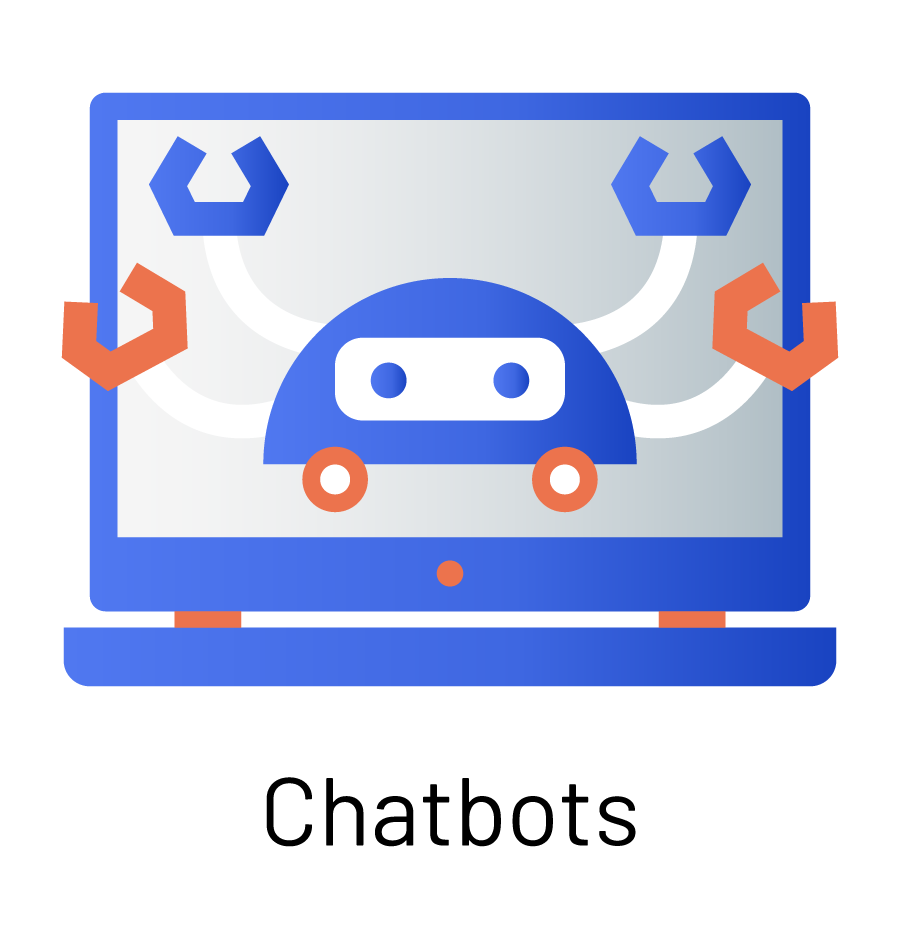
Many companies are using AI-powered chatbots and virtual assistants to handle routine customer inquiries and support requests. These systems can provide quick and accurate responses to common questions, freeing up human agents to focus on more complex issues.
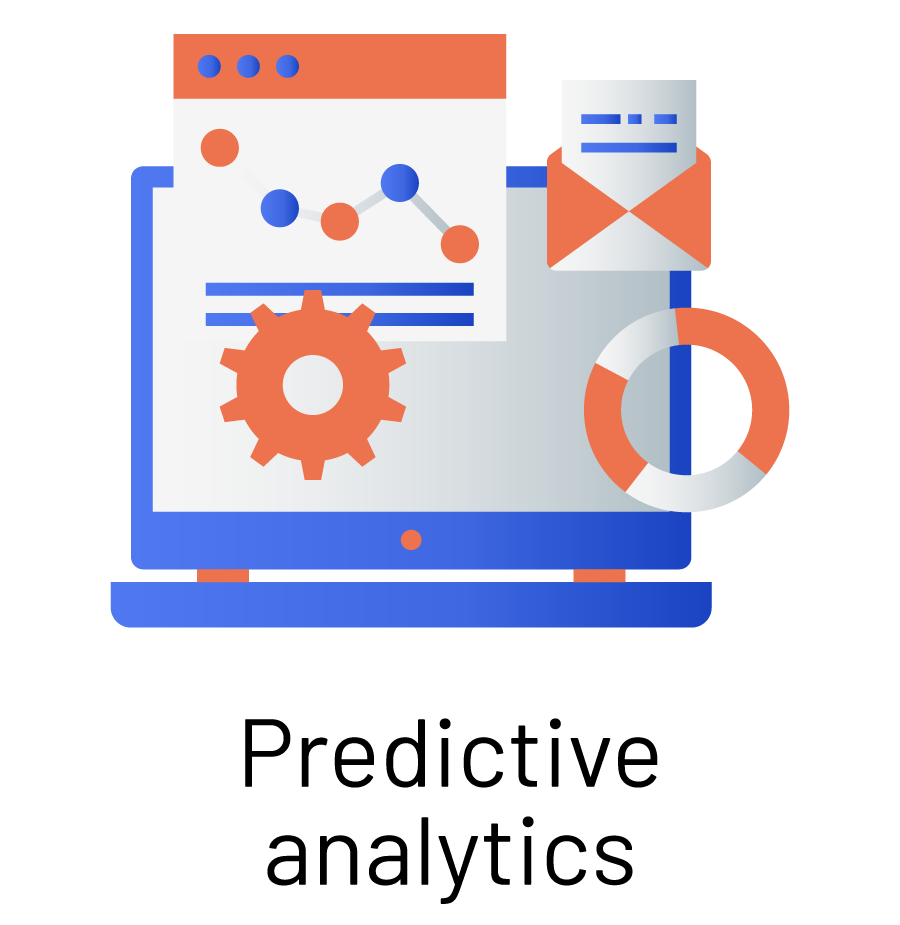
AI can be used to analyze vast amounts of data and make predictions about future outcomes. This can be incredibly valuable in areas like marketing, where companies can use predictive analytics to identify which customers are most likely to make a purchase, and tailor their messaging accordingly.

AI can be used to detect fraudulent transactions and activities in real-time. This can be particularly valuable in industries like banking and finance, where fraud can have significant financial and reputational consequences.
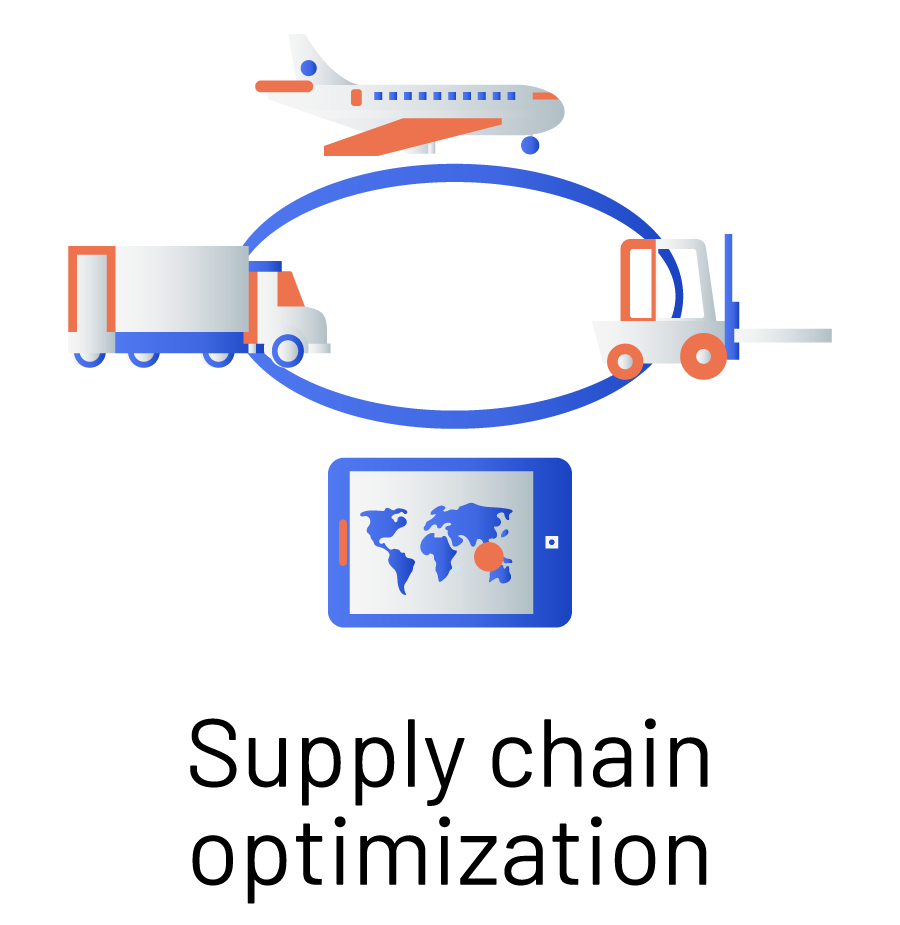
AI can be used to optimize core processes of supply chain management, from predicting demand and optimizing inventory levels, to routing and scheduling deliveries. This can help companies reduce costs and increase efficiency, while also improving the overall customer experience.
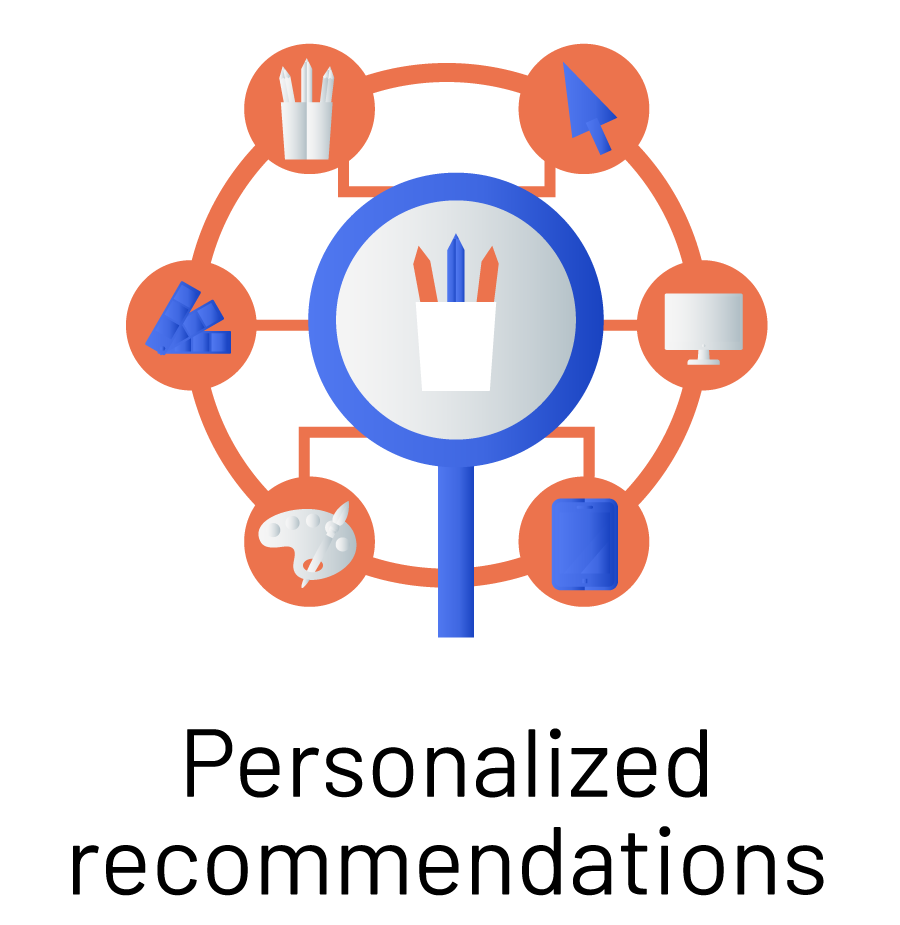
AI can be used to analyze customer data and provide personalized recommendations for products and services. This can be particularly valuable in industries like e-commerce and media, where companies can use AI to tailor their offerings to each individual customer.

AI can be used to analyze images and audio recordings, enabling companies to automatically tag and categorize large amounts of data. This can be particularly valuable in industries like healthcare, where AI-powered image analysis can help doctors diagnose and treat diseases more effectively.
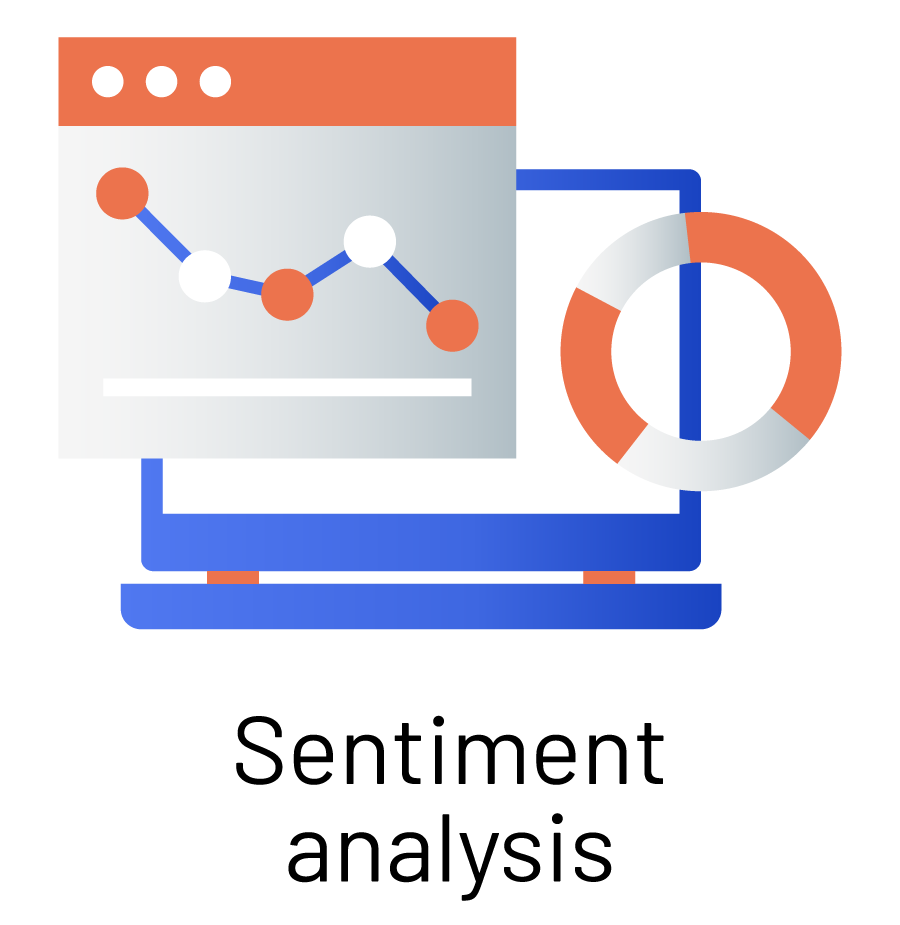
AI can be used to analyze social media posts, customer reviews, and other forms of feedback, enabling companies to track sentiment and identify areas for improvement. This can be particularly valuable in industries like hospitality and retail, where customer satisfaction is a critical success factor.
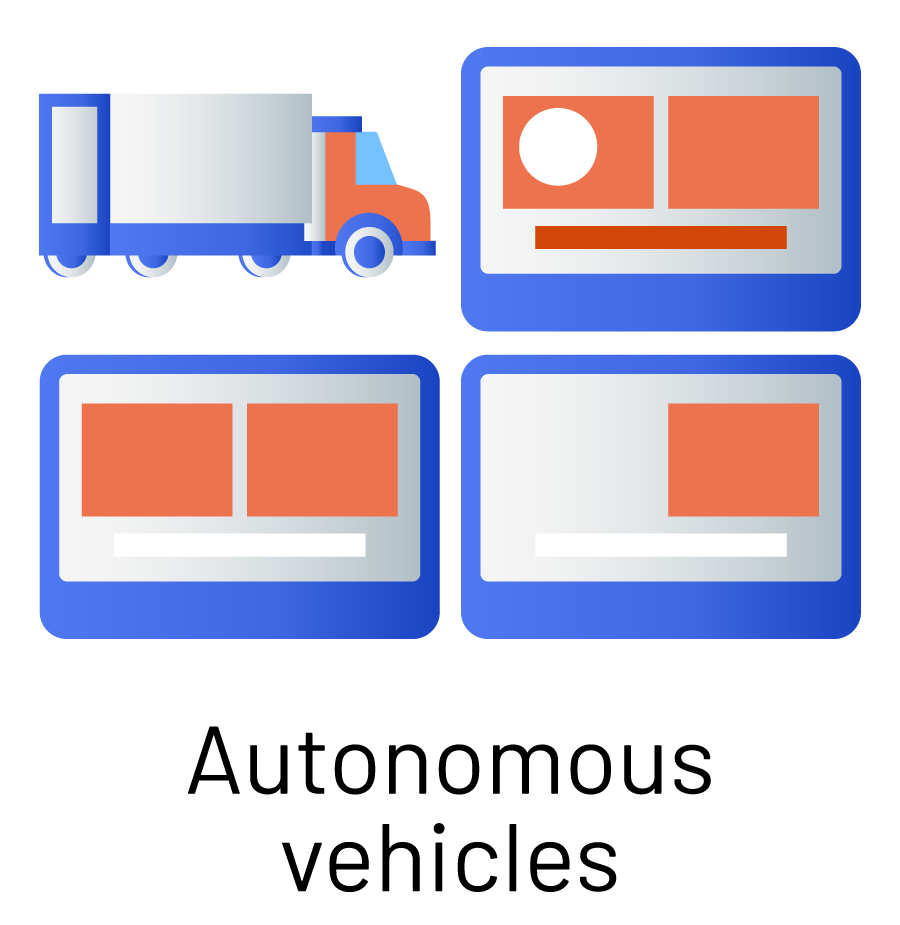
AI can be used to power autonomous vehicles, from self-driving cars to drones. This has the potential to revolutionize industries like transportation and logistics, enabling companies to operate more efficiently and safely.
Why Do You Need Business Process Optimization?

In today’s fast-paced and competitive business environment, companies need to constantly look for ways to optimize their operations and stay ahead of the curve. Business process optimization is a critical part of this business process management, as it allows companies to identify inefficiencies, eliminate waste, and improve overall performance.
By streamlining their processes and automating routine tasks, companies can reduce costs and increase efficiency, freeing up resources to focus on more strategic initiatives. This can lead to increased profitability and a stronger competitive position in the market.
Business process optimization can also help companies improve and manage the quality of their products and services, which is essential for building customer loyalty and maintaining a strong brand reputation. By standardizing processes and implementing quality control measures, companies can ensure that their products and services meet or exceed customer expectations. This can help them differentiate themselves from competitors and build a loyal customer base over time.
In addition to these benefits, business process optimization can also help companies adapt to changing market conditions and customer needs. By continuously managing, monitoring and improving their processes, companies can respond more quickly to changes in demand or market trends, ensuring that they remain relevant and competitive over the long term.
What Are The Challenges Associated With AI Business Process Optimization?
While AI-powered business process optimization offers the organization numerous benefits, it also comes with its own set of challenges. One of the biggest challenges is ensuring that the AI algorithms are properly trained and optimized for the specific business processes they are meant to automate. This requires a deep understanding of both the processes themselves and the underlying data, as well as expertise in AI and machine learning.
Another challenge is ensuring that the AI system is transparent and explainable, so that stakeholders can understand how decisions are being made and have confidence in the system’s outputs. This can be particularly important in regulated industries like healthcare or finance, where transparency and accountability are critical.
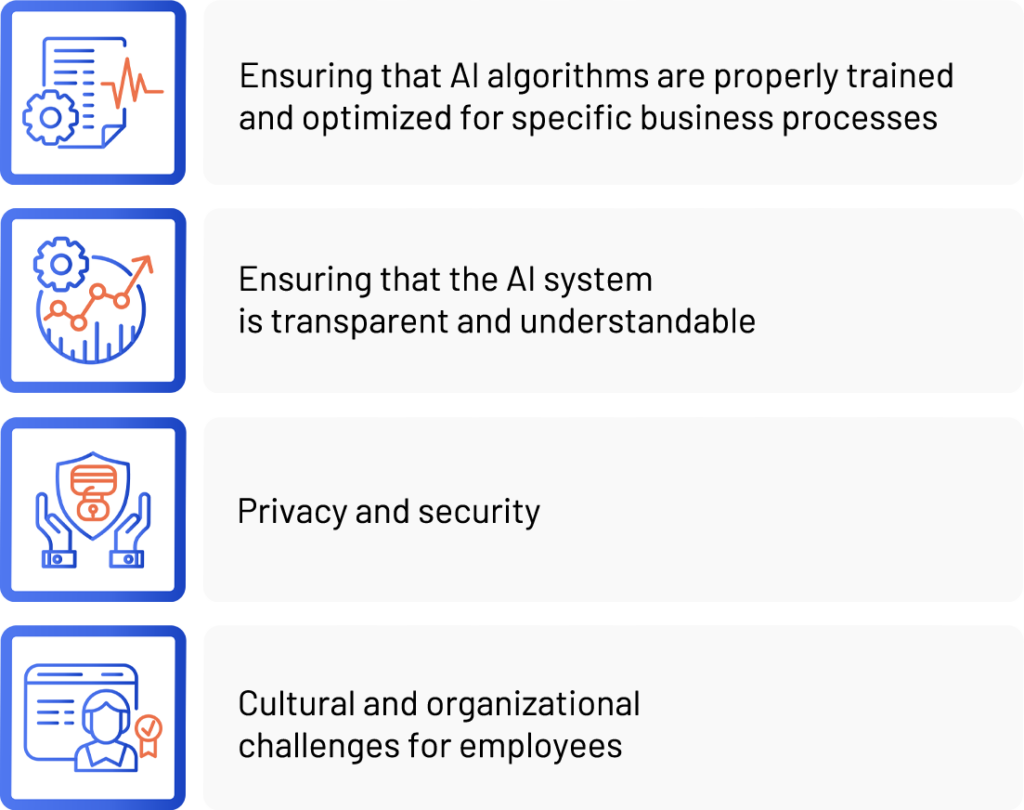
Data privacy and security is another challenge associated with AI business process optimization projects. As AI systems rely on large amounts of data, companies need to ensure that sensitive data is properly secured and protected from unauthorized access or misuse. They also need to be transparent about how data is being used and obtain consent from individuals where necessary.
Finally, cultural and organizational challenges can also be a barrier to successful AI business process optimization. Companies need to ensure that their employees understand the benefits of AI and current process, and are trained to work with these new technologies. They also need to ensure that their organizational culture supports innovation and experimentation, so that they can take full advantage of the potential benefits of AI-powered process optimization.
How Do You Choose The Ideal Software For Process Optimization?
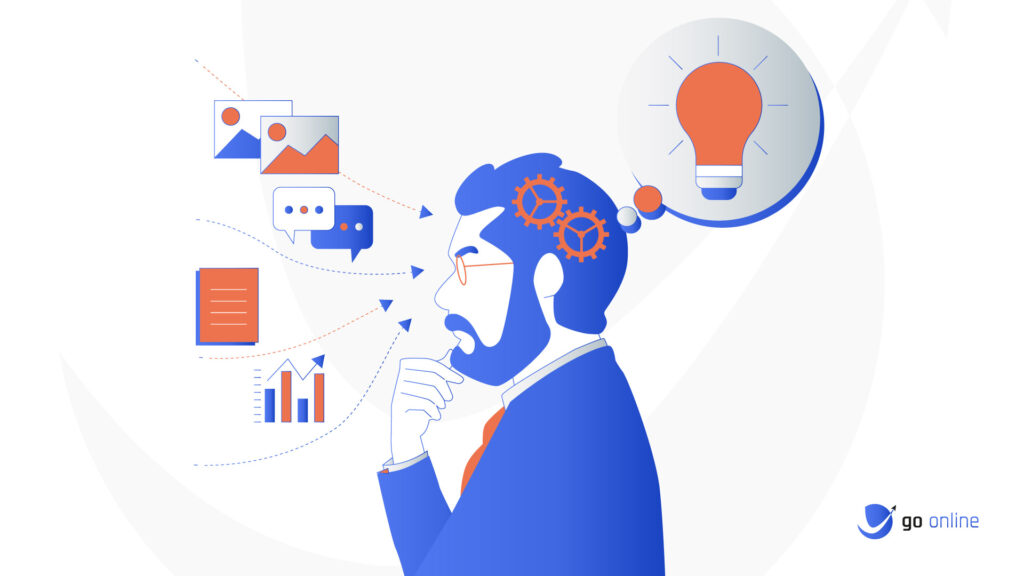
Choosing the ideal software for your process optimization project can be a daunting task, as there are many options available on the market today. One of the first steps in this process is to identify your specific needs and goals, as this will help you narrow down your options and select software that is best suited to your business.
When evaluating software options, it is important to consider factors such as scalability, flexibility, and ease of use. You want to select software that can grow and evolve with your business, and that can be customized to meet your specific needs. You also want to select software that is intuitive and easy to use, as this will help ensure that your employees can quickly learn and adopt the new technology.
Another important factor to consider is to determine the level of support and training that is provided by the software vendor. You want to select software that comes with comprehensive documentation and training resources, as well as access to technical support and customer service. This can be particularly important if you are new to process optimization software or if you encounter any issues during implementation.
Finally, it is important to consider the cost and return on investment of the software. You want to select software that cost effective, provides a good balance between cost and functionality, and that delivers a strong ROI by helping you reduce costs, increase efficiency, and improve overall performance.
Top 10 business Process AI Tools For Your Company

UiPath
UiPath is a leading robotic process automation (RPA) tool that uses artificial intelligence to automate repetitive tasks such as data entry and document processing. It can work with a wide variety of applications, making it a highly versatile tool for any business.
IBM Watson
IBM Watson is an AI platform that uses machine learning to help businesses gain insights from large amounts of data. It can be used for a wide range of applications, including customer service, marketing, and supply chain management.
H2O.ai
H2O.ai is an open-source platform that uses AI and machine learning to help businesses make better decisions. It can be used for predictive analytics, data visualization, and data modeling.
TensorFlow
TensorFlow is an open-source platform that uses machine learning to help businesses build and train neural networks. It can be used for a wide range of applications, including image and speech recognition.
Kofax
Kofax is an intelligent automation platform that uses AI and machine learning to automate business processes such as invoice processing and customer onboarding. It can work with a wide range of applications, making it highly versatile.
Microsoft Azure
Microsoft Azure is a cloud computing platform that offers a wide range of AI tools, including natural language processing and image recognition. It can be used for a wide range of applications, including customer service and fraud detection.
Salesforce Einstein
Salesforce Einstein is an AI-powered platform that helps businesses gain insights from customer data. It can be used for a wide range of applications, including sales and marketing.
Clarifai
Clarifai is an AI-powered platform that helps businesses with image and video recognition. It can be used for a wide range of applications, including product recommendation and content moderation.
Amazon SageMaker
Amazon SageMaker is a machine learning platform that helps businesses build and train models. It can be used for a wide range of applications, including fraud detection and predictive maintenance.
Google Cloud AI Platform
Google Cloud AI Platform is a cloud-based platform that offers a wide range of AI tools, including natural language processing and image recognition. It can be used for a wide range of applications, including customer service and predictive analytics.
Future Applications Of Artificial Intelligence In Business

Artificial intelligence is poised to transform the world of business, with a multitude of future applications on the horizon. One such application is predictive analytics, which will enable companies to use data to gain insight into future trends and behaviors, allowing them to make more informed decisions.
Additionally, AI will enable companies to provide personalized products and services based on customer data, improving the customer experience. By automating repetitive tasks, AI will free up employees to focus on higher-value tasks, improving efficiency and productivity.
AI-powered chatbots and virtual assistants will also improve customer service, providing customers with quick and efficient responses to their queries and concerns. Another application of AI is in fraud detection, where it will be able to detect fraudulent activities in real-time, helping companies prevent financial losses.
AI will also help optimize supply chains by predicting demand and identifying areas where efficiency can be improved. Finally, the use of AI-powered autonomous vehicles will transform the transportation industry, reducing accidents and improving fuel efficiency.
As technology continues to evolve, companies that incorporate AI into their operations will be better positioned to remain competitive and efficient in the rapidly changing business landscape.
Summary
Revolutionizing a company through AI business process optimization is essential in today’s fast-paced business world. With the help of artificial intelligence, businesses can automate repetitive tasks, gain insights from data, and make better decisions. AI tools help businesses streamline their operations and improve efficiency.
However, implementing AI business process optimization can come with challenges. Businesses need to carefully choose the right software for their team and specific needs and ensure that their employees are properly trained to use the tools effectively.
Despite these challenges, the benefits of AI business process optimization are too significant to ignore. By automating repetitive tasks, businesses can free up their employees to focus on higher-value tasks. By gaining insights from data, businesses can make better decisions and gain a competitive edge. And by improving efficiency, businesses can save time and money.
In the future, we can expect to see even more applications of AI in business, such as in the areas of customer service, marketing, project management, and supply chain management.
